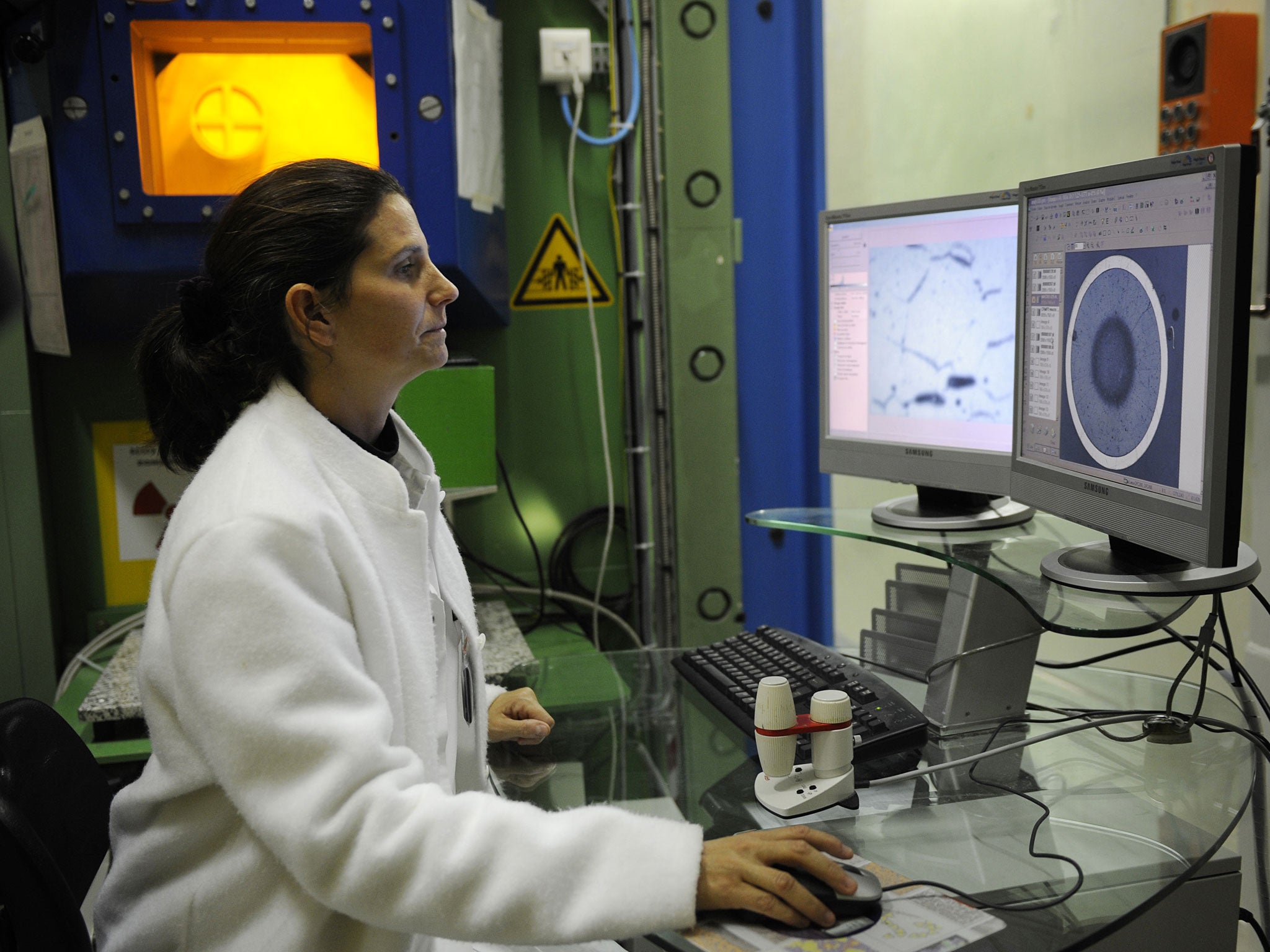UK relies on migration to fill one in five skilled jobs as experts warn of major ‘skills shortage’
Engineering suffering most from young British people choosing to steer clear of subjects like maths and the sciences at school

Britain is facing a major ‘skills shortage’ and has no choice but to rely on migration to fill as many as one in five skilled jobs, a major Government-backed review has warned.
There is a “substantial demand” in particular for engineers in the UK economy, the report said, and one which is only going to grow in the coming years.
That is in contrast to the increasing ambivalence amongst young people towards studying maths and science in school, leaving a gap which can only be filled by “importing” skilled engineers from abroad.
The review, commissioned by the Department for Business, Innovation and Skills (BIS) and led by its chief scientific advisor Professor John Perkins, raised concerns that half of the 119 roles listed as “shortage occupations” by the Government require engineering skills.
Those jobs are highlighted for the UK Border Agency, and are given priority when would-be immigrants apply to fill them. In all, the report said that 20 per cent of workers in fields like oil and gas extraction, aerospace manufacturing and electronic engineering were brought in from abroad to plug the gap.
“Whilst this review welcomes the fact that the Government allows employers to import engineering skills in key shortage areas, this should not be our long-term solution,” the report said.
“We should support the UK's young people by preparing them to compete for highly-paid skilled engineering jobs, improving their career prospects and reducing the need to import engineering skills.”
The report said that since the kind of skills required take a long time to develop, a short term solution could be for the Government to invest in those already in the industry and tempt those who have left it recently to return.
Others may have studied broadly related subjects, and should be encouraged to “convert” with a degree in engineering, it said.
It also warned that women are massively under-represented in engineering, and said that the UK has a lower proportion of female workers in the industry than any other country in the EU – fewer than one in 10.
Professor Perkins said: “There is clearly a substantial demand for engineers in the UK economy.”
He added: “I hope this report will be a call to action that will bring engineering employers, the profession and educators together, to own and collectively shape a future in which our supply of engineers grows in quality as well as quantity.”
BIS said that to address the skills shortage it was announcing new funding including up to £30 million for employers to bid for to solve shortages in areas with specific needs and an £18 million investment in a new elite training facility at the Manufacturing Technology Centre in Coventry.
Business Secretary Vince Cable said: “Engineering has a vital role to play in the future of UK Industry. It is important that we act now to ensure businesses have access to the skills they require to enable them to grow.
“We cannot do this alone so I am calling on employers and education professionals to get involved and inspire the next generation of engineers.”
Subscribe to Independent Premium to bookmark this article
Want to bookmark your favourite articles and stories to read or reference later? Start your Independent Premium subscription today.

Join our commenting forum
Join thought-provoking conversations, follow other Independent readers and see their replies